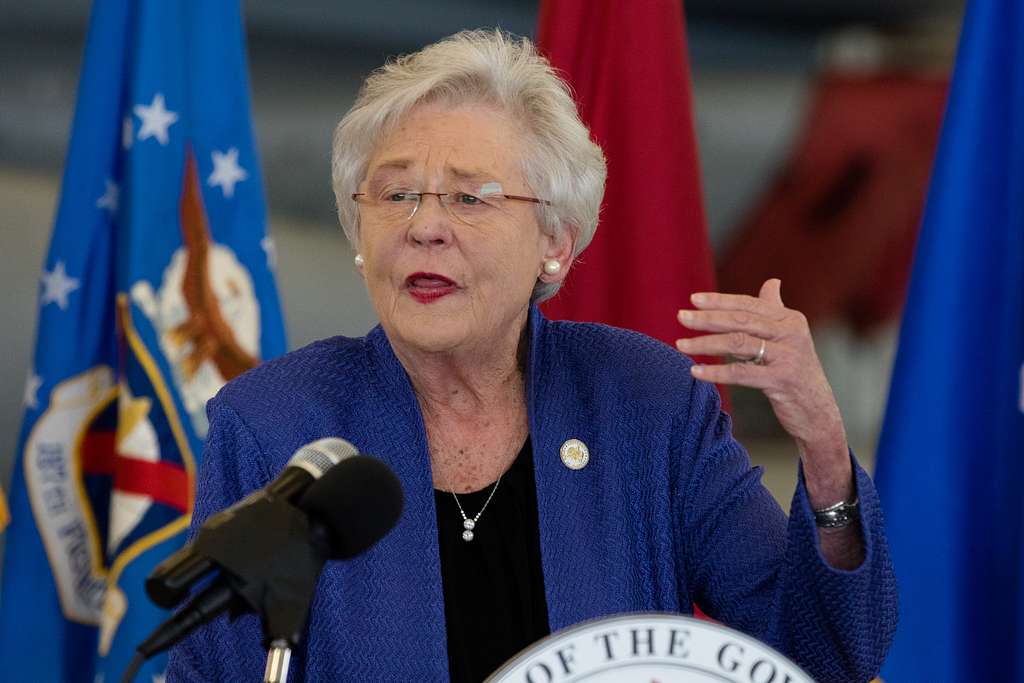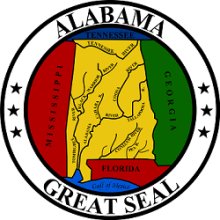Two Alabama Cooperatives Win Grant Funding to Expand Fiber Service
The grant helps fund 2,347 miles of new fiber deployment, bringing broadband availability to more than 15,000 locations.
Karl Bode

Alabama Governor Kay Ivey's office has unveiled a new round of broadband grants that will expand fiber access to unserved homes and businesses across 23 Alabama counties. This latest round of grants should help fund 2,347 miles of new fiber deployment, bringing broadband availability to more than 15,000 locations scattered across the Yellowhammer state.
The funding – made largely possible by 2021 American Rescue Plan Act (ARPA) money that both of the state’s Senators voted against – comes on the heels of another $150 million broadband funding round announced back in February.
“With these latest grants, Alabama takes another all-important step to supplying high-speed Internet availability to more rural Alabama communities and neighborhoods,” Ivey said in a statement. “Upon completion of these projects, more children will have better learning opportunities, more businesses will have greater opportunities to compete worldwide, and emergency response departments and medical clinics will be able to offer improved services.”

Both funding rounds were heavily dominated by large private telecoms like AT&T, Charter, and Brightspeed. But the state has also been doling out some sizable awards to local cooperatives in a bid to shore up rural fiber access.
The big cooperative winners in this latest round of funding included Central Alabama Electric Cooperative (CAEC) – which received $2.28 million to provide high-speed Internet service over a 40-mile area in Chilton County providing access to 1,046 unserved households, businesses and community anchor institutions.
Back in February, CAEC also received seven grants totaling $22.94 million to expand fiber access to 6,000 homes and businesses spread across Autauga, Chilton, Coosa, Dallas and Elmore counties.
We profiled CAEC’s ongoing multi-phased efforts to tackle the Alabama digital divide back in 2019, shortly after the cooperative’s board of trustees approved the creation of its Central Access subsidiary, which is the consumer-facing arm of the cooperative’s efforts to connect rural Alabamans.

In upgraded markets CAEC provides locals with a choice of three tiers of service: symmetrical 300 megabit per second (Mbps) fiber service for $60 per month; symmetrical 500 Mbps connectivity for $80 per month; and symmetrical gig speed service for $100 a month.
The cooperative’s service tiers come with no usage caps, hidden fees, or long-term contracts.
Another big winner in this latest round of Alabama broadband grants was rural phone cooperative Farmers Telecommunications Corp., which received a $1.93 million state grant to provide high-speed broadband access to 380 unserved households, businesses and community anchor institutions over a 44-mile area in Jackson County.
Farmers Telecommunications Corp. offers locals two tiers of fiber access: symmetrical 400 Mbps tier for $82 a month, and a symmetrical 1 Gbps offering for $102 a month. Like CAEC, Farmers’ service tiers don’t have usage caps, hidden fees, or long term contracts.
“Our state and so many partners are making continued progress in providing high-speed internet access to those unserved areas in Alabama,” Alabama Department of Economic and Community Affairs (ADECA) Director Kenneth Boswell said of the state’s latest funding effort.
Alabama is also poised to soon receive $1.4 billion in additional Broadband Equity Access And Deployment (BEAD) broadband funding made possible by the 2021 infrastructure bill.
The article was originally published on the website of the Institute for Local Self Reliance's Community Broadband Networks Initiative on Oct. 2, 2024, and is republished with permission.









Member discussion